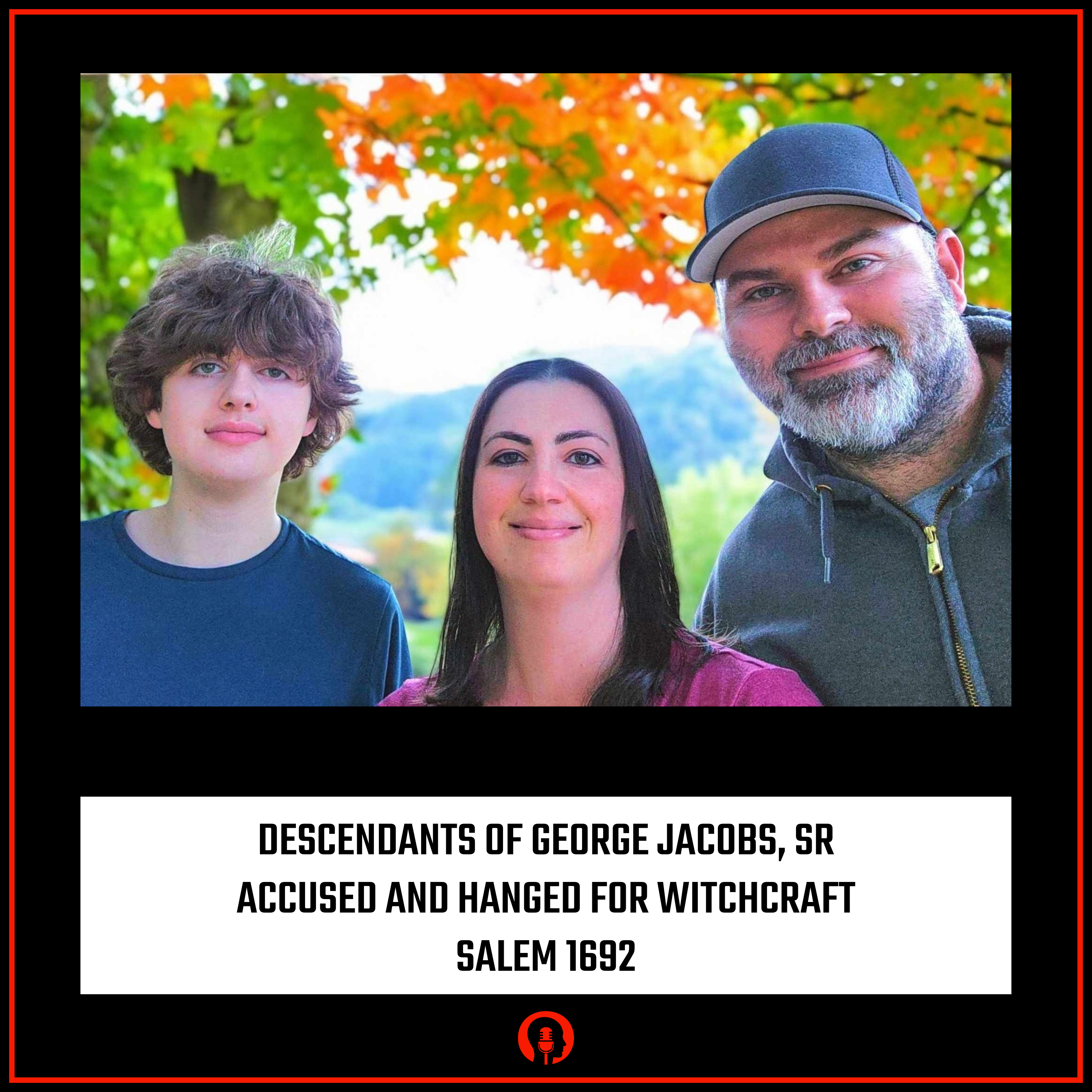Episode Transcript
[00:00:05] You're listening to The Love Vox with psychotherapist Amynah Dharani.
[00:00:18] Happy Friday, everyone.
[00:00:20] In a world where social media dominates the daily lives of young people, the ramifications of social media platforms like TikTok are coming under heavy scrutiny.
[00:00:32] Last week, 13 states and the District of Columbia filed lawsuits against the chinese social media giant TikTok and its parent company, ByteDance.
[00:00:43] To be clear, these are individual lawsuits brought on by the states of California, Illinois, Kentucky, Louisiana, Massachusetts, Mississippi, New Jersey, New York, North Carolina, Oregon, South Carolina, Vermont, Washington and the District of Columbia.
[00:01:06] The majority of these lawsuits are allegations of deceptive and unlawful practices that contribute to a worsening youth mental health crisis.
[00:01:16] I have to say that I did not understand the big deal of TikTok and its popularity, so I decided to learn more about this platform.
[00:01:26] A little bit about TikTok for you.
[00:01:29] The app launched in China in 2016 and launched internationally in 2017.
[00:01:36] TikTok is owned by ByteDance, a private company based in China.
[00:01:42] TikTok made $16.1 billion in 2023 and 80% of that was from its advertisers.
[00:01:52] The number of users of the app is expected to exceed 2 billion in 2024.
[00:01:59] TikTok has taken social media by storm. Its growth is astounding, but what drives this engagement?
[00:02:07] The keys to TikTok’s success lie in its unique engagement strategies.
[00:02:13] It's argued that these strategies are not just about entertainment, they are designed to keep users glued to their screens. At the heart of TikTok's strategy is the infamous For You page.
[00:02:26] This feature delivers a personalized feed of videos. It's a combination of endless scrolling and tailored content that elicits dopamine responses in users. But why does this matter?
[00:02:41] When users continuously receive content that engages them, their brain releases dopamine. Its rewarding so they keep coming back for more.
[00:02:51] The For You algorithm significantly impacts user behavior. It learns preferences quickly, adapting to what users enjoy.
[00:03:01] As a result, users often find themselves lost in a cycle of consumption.
[00:03:07] This constant engagement can lead to compulsive use, creating an unhealthy attachment to the platform.
[00:03:16] How does TikTok stack up against the other platforms? The comparison is striking. Unlike traditional platforms where users have to sift through friends' posts, TikTok serves trending content algorithmically.
[00:03:31] This constant barrage of new, engaging videos is markedly different.
[00:03:37] Other platforms try to keep users engaged, but none match TikTok's focus. Now, let's turn our attention to understanding the adolescent development in the digital age.
[00:03:50] Adolescence is often considered a critical developmental period. This stage of life typically occurs between the ages of twelve and 18.
[00:03:59] It's a time when individuals transition from childhood to adulthood. This transformation comes with both challenges and opportunities.
[00:04:08] During this phase, teenagers experience physical, emotional, and social changes that greatly influence their identities.
[00:04:17] But what really shapes these identities?
[00:04:21] Peer relationships play a pivotal role in shaping identity. During adolescence, young people seek approval and acceptance from their friends. They often try to fit in, adopting behaviors that resonate with their peer group. This can lead to positive or negative influences on their self-image.
[00:04:42] Today, teenagers interact with social media more than any previous generation. With an average screen time of 7 hours a day. It's evident that technology shapes modern adolescents. Social media platforms have reported a whopping 50% increase in usage among 12 to 18-year-olds from 2015 to 2023.
[00:05:05] This increase raises important questions. Are these platforms fostering genuine connections or are they creating a facade of friendship?
[00:05:18] Social media offers a unique platform for connection. With just a few clicks, individuals can reach friends, relatives and even make new acquaintances.
[00:05:28] This tool for self-expression allows users to share thoughts, images, and experiences.
[00:05:35] However, there's more beneath the surface. Online interactions can sometimes lead to dark consequences.
[00:05:43] Many young people eagerly post life updates, yet this can expose them to cyberbullying.
[00:05:51] Anonymity online can embolden bullies, making it easier for them to target their victims.
[00:05:57] This troubling reality affects many adolescents who find themselves victimized without any respite.
[00:06:04] They might ask, why are people so mean online?
[00:06:08] The answer often lies in the anonymity that social media provides.
[00:06:13] Besides cyberbullying, social media can foster unrealistic comparisons. Users often project idealized versions of their lives.
[00:06:23] This can lead others to feel inadequate. They scroll through feed after feed, only to feel worse about their own experiences.
[00:06:33] Why cant I have that perfect life? They might wonder. This creates a cycle of anxiety and self doubt.
[00:06:40] The consequences of these experiences can be profound.
[00:06:44] Studies show that social media usage can impact self-esteem, particularly among teens.
[00:06:52] Increased engagement in social media correlates with heightened anxiety levels. The findings indicate a statistically significant negative relationship.
[00:07:03] This reveals a troubling connection. More time online often equals poorer mental health. The legal complaints filed against TikTok bring to light significant implications for social media platforms and their responsibility to young users. The allegations against TikTok show a pattern of behavior that may have contributed to the alarming rise in mental health issues among minors.
[00:07:29] As more cases arise, it could pave the way for stricter regulations that hold platforms accountable. In the future, we can expect to see more regulatory frameworks designed to protect youth online.
[00:07:43] If these lawsuits succeed, it may set a precedent for other platforms to rethink their business models.
[00:07:52] Platforms will need to prioritize user wellbeing over profit.
[00:07:57] It raises the question, “Can profitability coexist with responsibility?”
[00:08:04] Developing comprehensive strategies to promote healthy social media engagement among adolescents is critical. By integrating media literacy into educational settings and promoting positive online behavior through awareness campaigns, we can empower young people.
[00:08:23] Parents, educators, and community members must work together to create a safer digital landscape. In doing so, they help today's youth navigate the complexities of social media while prioritizing their mental health and well-being. The goal is clear, to foster responsible, informed digital citizens who can engage positively with the online world.
[00:08:47] If you'd like to learn about my private practice, you can go to thelifeinterrupted.com. In the meantime, please connect with The Love Vox on Facebook, Instagram, and X. And if you'd like to contribute to the show, please visit the show's website, thelovevox.com, where you can leave voicemails that can be featured on the show, and you can also contribute to stories we're looking to feature. Until next time, stay passionate. Stay curious.


